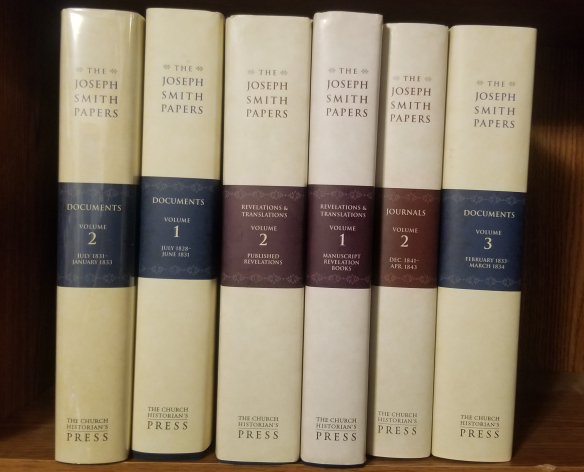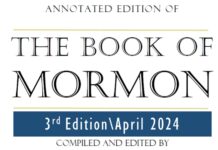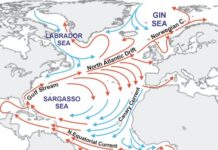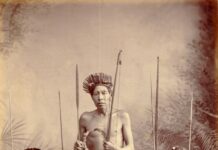What was included in SAINTS Volume 1?
A Historical Narrative
On June 4, after a month of marching, the camp reached the Mississippi River. Joseph was tired and sore from the journey, but he felt ready to confront the challenges that lay ahead. He learned that reports and rumors of the camp’s movements had already reached Missouri, and hundreds of settlers were preparing for a fight. He wondered whether the Saints were strong enough to face them.
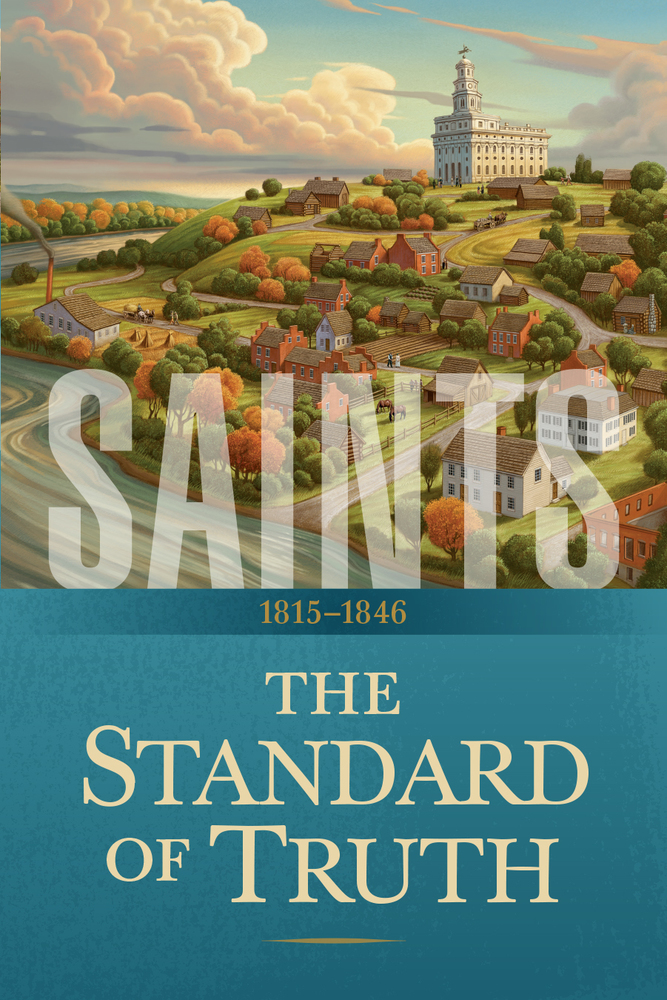
“Camp is in as good a situation as could be expected,” he wrote Emma while sitting on the riverbank, “but our numbers and means are altogether too small.”
The next day was hot and muggy as the Camp of Israel waited to cross the river into Missouri. The Mississippi was more than a mile wide, and the camp had only one boat to ferry them across. As they waited, some camp members hunted and fished while others fought off boredom and looked for shade to escape the summer sun.
The camp spent two tedious days crossing the river. By the end of the second day, they were tired and on edge. Now that they were in Missouri, many of them feared surprise attacks. That evening, Joseph’s watchdog startled everyone when it began barking at the last company to arrive in camp.
Sylvester Smith, the captain of the arriving company, threatened to kill the dog if it did not stop barking. Joseph calmed the animal, but Sylvester and his company were still complaining about it the next morning.
Hearing their complaints, Joseph called camp members together. “I will descend to the spirit that is in the camp,” he announced, “for I want to drive it from the camp.” He started to mimic Sylvester’s behavior from the night before, repeating the captain’s threats against the dog. “This spirit keeps up division and bloodshed throughout the world,” he said.
Sylvester, who was no relation to Joseph, was unamused. “If that dog bites me,” he said, “I will kill him.”
“If you kill that dog,” Joseph said, “I will whip you.”
“If you do,” said Sylvester, “I shall defend myself!”
The camp watched the two men stare each other down. So far, no fights had broken out among them, but weeks of marching had frayed everyone’s nerves.
At last, Joseph turned away from Sylvester and asked the Saints if they were as ashamed as he was of the feeling in the camp. He said they were acting like dogs rather than men. “Men ought never to place themselves on a level with beasts,” he said. “They ought to be above it.” Saints Volume 1 Chapter 18 The Camp of Israel page 201
What was left out of SAINTS Volume 1?
VISION & TRUTH
Below are two important quotes from the Joseph Smith Papers. They tell us of Joseph’s vision about Zelph, a white Lamanite chieftain and his importance in some of the last Book of Mormon battles. Also I included the letter written from Joseph to Emma on June 4, 1834. This is an important letter as Joseph describes the finding of Nephite bones which as Joseph says, “as a proof of its [Book of Mormon] divine authenticity.” Why would the Historians leave these two important stories out of the SAINTS Book? I know you can’t include everything, but how significant are the words of Joseph’s witnesses saying, “the visions of the past being opened to my understanding by the Spirit of the Almighty”, compared to what was included, “Camp is in as good a situation as could be expected,” he wrote Emma while sitting on the riverbank, “but our numbers and means are altogether too small.” Saints Page 101
Quotes from the Joseph Smith Papers
“On the top of the mound were stones which presented the appearance of three altars having been erected one above the other, according to the ancient order; and the remains of bones were strewn over the surface of the ground. The brethren procured a shovel and a hoe, and removing the earth to the depth of about one foot, discovered the skeleton of a man, almost entire, and between his ribs the stone point of a Lamanitish arrow, which evidently produced his death. Elder Burr Riggs retained the arrow. The contemplation of the scenery around us produced peculiar sensations in our bosoms; and subsequently the visions of the past being opened to my understanding by the Spirit of the Almighty, I discovered that the person whose skeleton was before us was a white Lamanite, a large, thick-set man, and a man of God. His name was Zelph. He was a warrior and chieftain under the great prophet Onandagus, who was known from the Hill Cumorah, or eastern sea to the Rocky mountains. The curse was taken from Zelph, or, at least, in part-one of his thigh bones was broken by a stone flung from a sling, while in battle, years before his death. He was killed in battle by the arrow found among his ribs, during the last great struggle of the Lamanites and Nephites.” Joseph Smith Papers History, 1838–1856, volume A-1 [23 December 1805–30 August 1834], Page 483

“Three altars having been erected one above the other, according to the ancient order”
“The whole of our journey, in the midst of so large a company of social honest and sincere men, wandering over the plains of the Nephites, recounting occasionally the history of the Book of Mormon, roving over the mounds of that once beloved people of the Lord, picking up their skulls & their bones, as a proof of its divine authenticity… During our travels we visited several of the mounds which had been thrown up by the ancient inhabitants of this country-Nephites, Lamanites, etc.” Joseph Smith Papers Letter to Emma Smith, 4 June 1834 Page 56
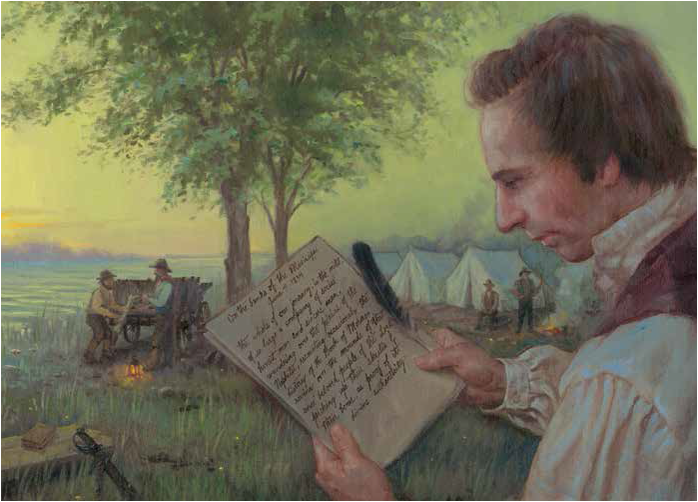
Joseph’s Letter to Emma June 4, 1834

